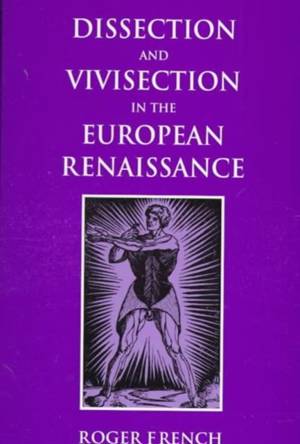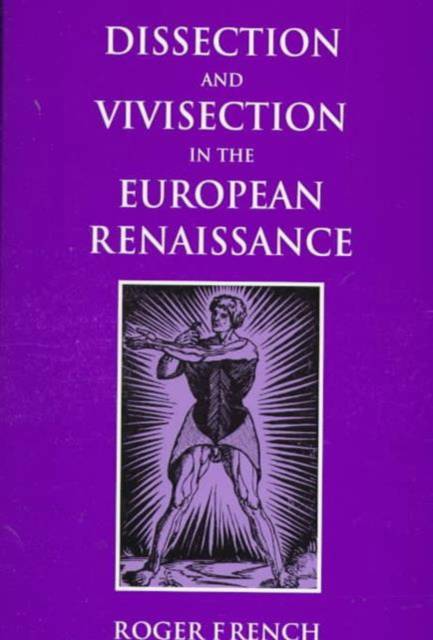
- Afhalen na 1 uur in een winkel met voorraad
- Gratis thuislevering in België vanaf € 30
- Ruim aanbod met 7 miljoen producten
- Afhalen na 1 uur in een winkel met voorraad
- Gratis thuislevering in België vanaf € 30
- Ruim aanbod met 7 miljoen producten
Zoeken
Omschrijving
Why did medical men of the European Middle Ages and Renaissance make it a central point of medical education to cut the bodies of condemned criminals into their smallest parts, and perform experiments on vivisected animals? Neither had any direct medical relevance, and the purpose of this book is to discover what lay at the basis of these practices, what purpose they served and what cultural circumstances made them possible and desirable. The book offers a series of answers based on the religious, intellectual and social circumstances that were particularly European. Beliefs about the body and soul, the compartmentalised nature of late medieval academic and intellectual life, the economic pressures and market forces that governed the trade of medicine and the specialty of anatomy are all examined. The illustrations generated by these circumstances and by the arts of the woodcut and of printing are given special attention.
Specificaties
Betrokkenen
- Auteur(s):
- Uitgeverij:
Inhoud
- Aantal bladzijden:
- 300
- Taal:
- Engels
- Reeks:
Eigenschappen
- Productcode (EAN):
- 9781859283615
- Verschijningsdatum:
- 28/05/1999
- Uitvoering:
- Hardcover
- Formaat:
- Genaaid
- Afmetingen:
- 156 mm x 234 mm
- Gewicht:
- 589 g

Alleen bij Standaard Boekhandel
+ 307 punten op je klantenkaart van Standaard Boekhandel
Beoordelingen
We publiceren alleen reviews die voldoen aan de voorwaarden voor reviews. Bekijk onze voorwaarden voor reviews.











